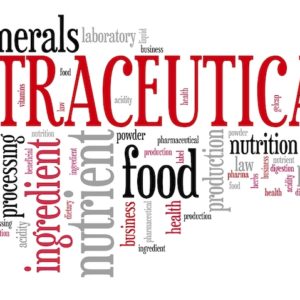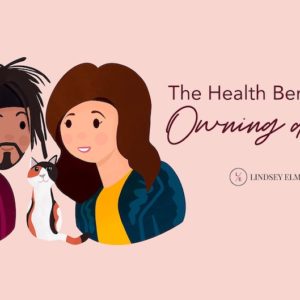Humans seem to have a universal bond with music. Music can trigger an emotional response, provide a creative outlet for self expression, and distract our brains from the stresses of the world. So much so that many providers use music as a therapeutic tool to assist with healing. The healing powers of music extend far beyond just emotional healing.
Many practitioners who utilize music therapy believe music works its magic through rhythms. Humans are rhythmic beings. Our heartbeat, breathing, and brain waves are all rhythmic. The human brain and nervous system are hard-wired to distinguish music from noise and respond to rhythm, repetition, tones and tunes.

Eases Depression
This is something we learn from a very early age. Think about mothers singing to their newborn babies. This is not only a way of expressing love and affection, it also increases a sense of security. A beautiful melody or poignant lyrics can help improve mood, but there’s actually more to it than just that.
The vibration that comes from music actually triggers your brain to release dopamine, the happy hormone. At the same time, it decreases the production of the stress hormone cortisol.
Improves Memory and Cognition
Most likely, everyone reading this post learned the ABC’s by singing a song. There’s a reason why a melody can help the brain retain information. Listening to or performing music activates areas of the brain associated with memory, reasoning, speech, emotion, and reward. Again, this goes back to how vibrational frequencies stimulate the brain.

A study of dementia sufferers showed that listening to and/or singing music improved mood, orientation, memory, executive function, and general cognition. Likewise, Alzheimer’s patients experienced marked improvement through music therapy. An example of this can be seen in the 2014 documentary, Alive Inside. The film documents numerous breakthroughs of Alzheimer’s patients in response to music.
Decreases Pain
Numerous studies show the benefits of music to alleviating pain. Many physicians report positive results for decreasing pain associated with chronic disease, such as fibromyalgia or cancer. Other studies show the benefits of music before, after and even during surgery. Music may also help decrease women’s stress, anxiety, and pain during labor.
Improves Cardiovascular Health
The rhythms of music can be therapeutic to the muscles and nerves that control the heart. One review showed the potential of music to effect changes in heart rate and heart rate variability, lower cerebral flow, and decrease cortisol levels. Interestingly, researchers found that classical music produced the most favorable results on cardiovascular health.

Balances the Body’s Energetic Field
Every electromagnetic energy center, or chakra, responds to various frequencies. One popular technique is the solfeggio frequency. This employs isochronic repetitive beats or pulses that stimulate specific brain waves. Because every nerve in the body connects to the brain, this can bring balance and healing throughout the body. The healing power of music has much to do with its ability to restore balance.
Boosts Immunity
When you decrease stress, support cognitive health, and decrease pain, your immune system takes a sigh of relief. Music modulates the immune response by increasing the activity of natural killer cells, lymphocytes and interferon-γ.
No Prescription Required
One of the greatest things about music therapy is that there’s nothing to lose. Unlike most interventions, music therapy is free and easy for anyone to experience. So if you’re feeling stressed out, suffering from pain or anxiety, or just want to sharpen your cognitive skills, turn on the radio and soak in the healing power of music.
To learn more about the Healing Powers of Music, check out this podcast episode, Music that Matters.
Interested in ways to increase your natural immunity? Check out this post!








